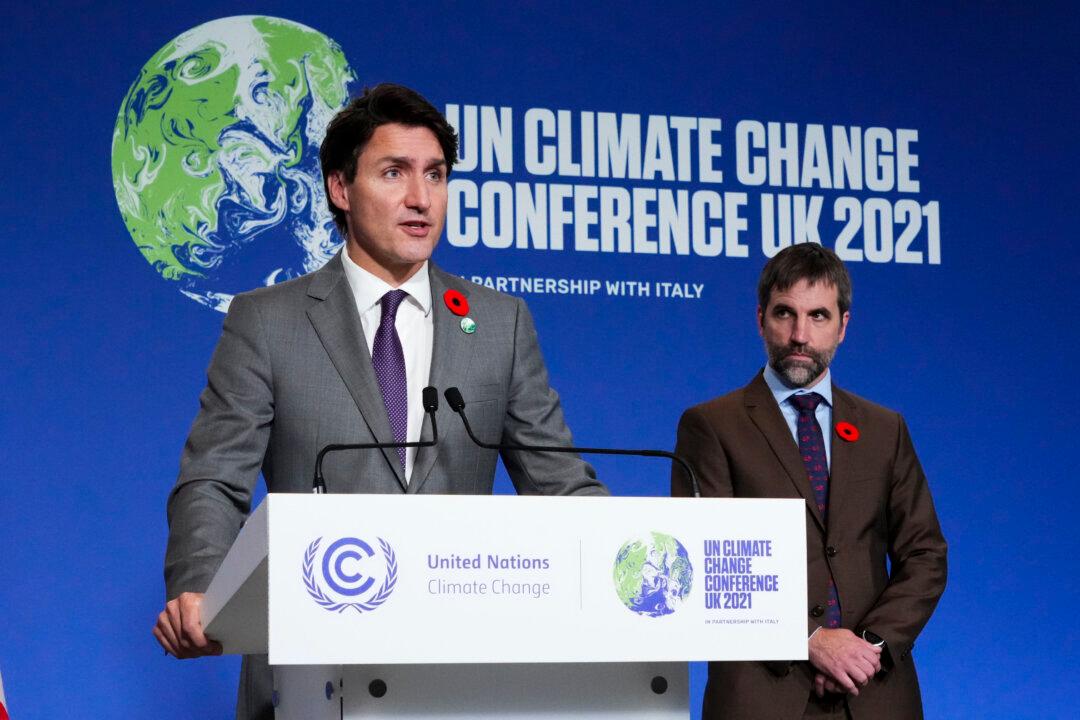Alberta’s premier and the federal environment minister are locking horns over the feasibility of abandoning fossil fuels for electricity generation and relying solely on renewable energy sources.
Alberta Premier Danielle Smith has taken to X, formerly known as Twitter, to respond to Steven Guilbeault, federal climate change and environment minister, following an announcement by Mr. Guileabult on Aug.11 that there had been an “important recent finding” from Alberta’s Market Surveillance Administrator.





